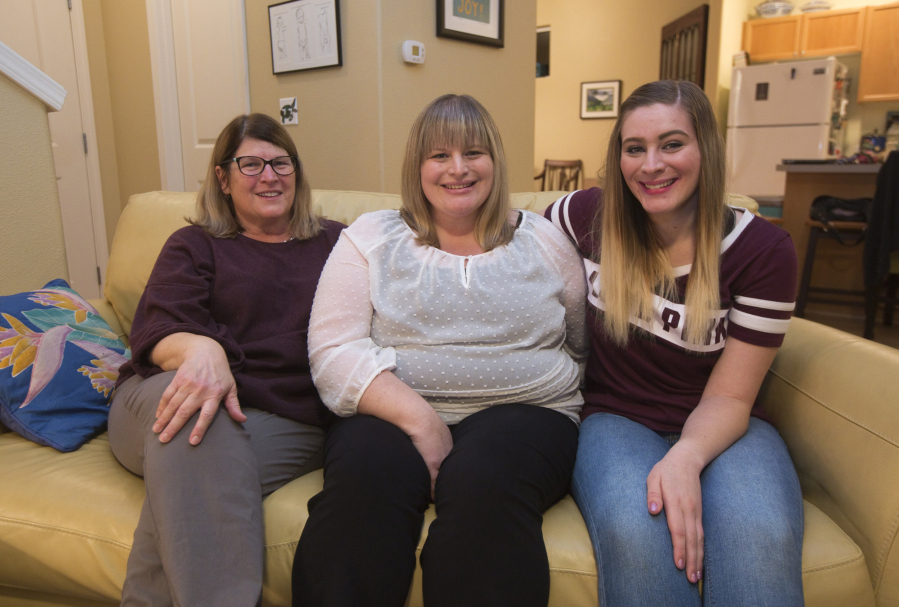For as long as Maddie Silverthorne can remember, her grandmother was someone who, at any given moment, was there for those affected by tragedy.
“If we were at a family dinner and something happened, she’d have to step away,” she said. “Of course it was really sad, but I wanted to be part of it. I wanted to be there for somebody.”
Her grandmother, Wendy Silverthorne, spent 20 years volunteering with the Trauma Intervention Program of Portland and Vancouver. The regional organization trains civilian volunteers to provide emotional and practical support to victims and family members affected by traumatic events in the first few hours following the tragedy.
Mostly, that translates to meeting with family members whose loved ones have died in traumatic situations such as a homicide, suicide or car crash.




